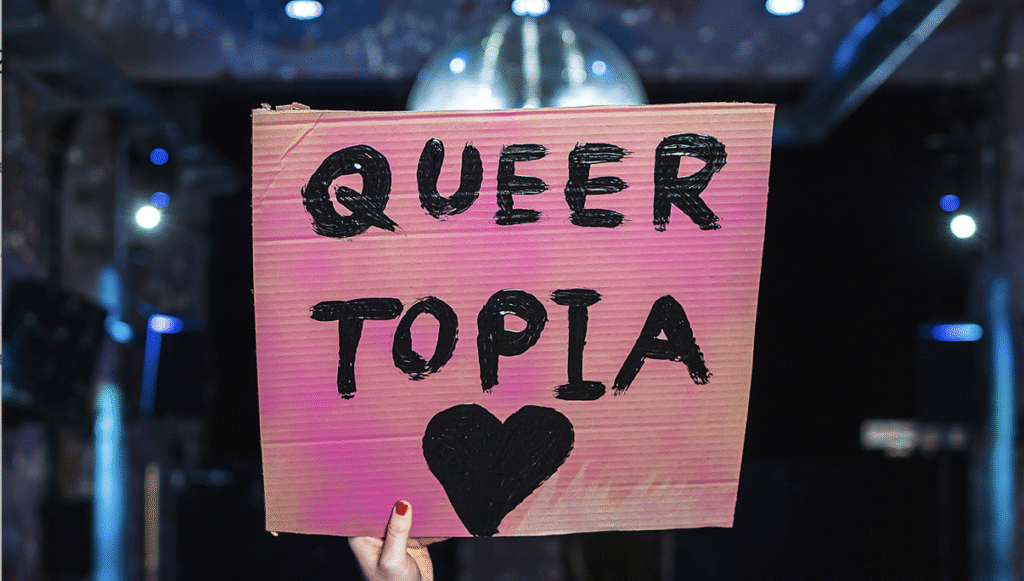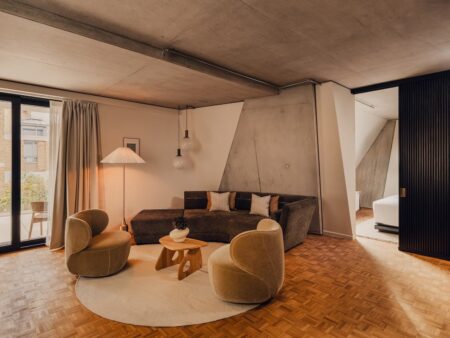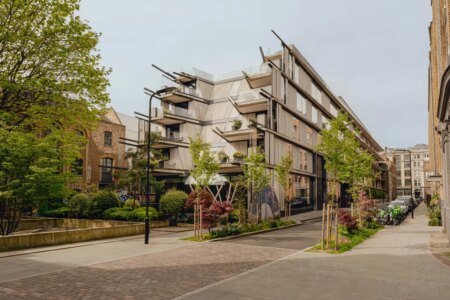Germany’s largest and oldest gay club, SchwuZ, has announced it will close its doors permanently on 1 November 2025, marking a significant loss for Berlin’s LGBTQ+ nightlife. Founded in 1977, SchwuZ has been a vital part of the city’s queer community for nearly five decades, offering expansive 1,600 square metres of dance floors and concrete rooms that saw generations of queer partygoers come together. Despite a late fundraising campaign that raised over €52,000, the club fell short of its €300,000 target necessary to stay afloat, ultimately succumbing to financial pressures that have beset Berlin’s nightlife scene.
The decision to shutter SchwuZ follows months of mounting financial difficulties. According to statements from the club, despite efforts to stabilise operations, including talks with potential investors, no viable recovery solution materialised. The club had been operating at a monthly loss ranging between €30,000 and €60,000, which led to the layoff of 33 employees by May 2025, roughly a third of its workforce. Katja Jaeger, SchwuZ’s director, cited a sharp decline in attendance and reduced spending from patrons as core reasons behind the financial shortfall, highlighting how once-frequent regulars now visit maybe once a month rather than weekly. This decline is partly attributed to rising living costs and changing nightlife habits in the city.
SchwuZ’s closure is not an isolated incident but part of an ongoing crisis described by Berlin’s Clubcommission, which warned that nearly half of its member clubs might close within the year. Berlin’s reputation as Europe’s techno capital and vibrant nightlife hub has been battered by a confluence of inflation, gentrification, and shifts in cultural habits over recent years. The COVID-19 pandemic dealt a particularly heavy blow, with the recovery proving slow and fragile. Renowned venues such as Watergate, Griessmuehle, and Remise have also closed in recent years, with Watergate announcing its shutdown at the end of 2024 due to financial pressures including rising rents and the energy crisis.
The loss of SchwuZ echoes wider concerns among Berlin’s LGBTQ+ community about the diminishing spaces for queer social life and cultural expression. The club was more than just a nightlife venue; it played a significant role in the queer scene, being a central point for early Christopher Street Day parades and queer media, as well as a communal hub for generations. Its closure reflects broader societal and economic challenges facing urban nightlife more generally, where rising costs and evolving social behaviours threaten to redefine the future of club culture not only in Berlin but globally.
As Berlin mourns the loss of yet another iconic venue, questions remain about how the city might preserve its cultural vitality in the face of these pressures. Some new formats and smaller venues are emerging to fill gaps left behind, but for many, the closure of SchwuZ is a poignant indicator that the legendary club scene of the past may never fully return.
Source: Noah Wire Services


















